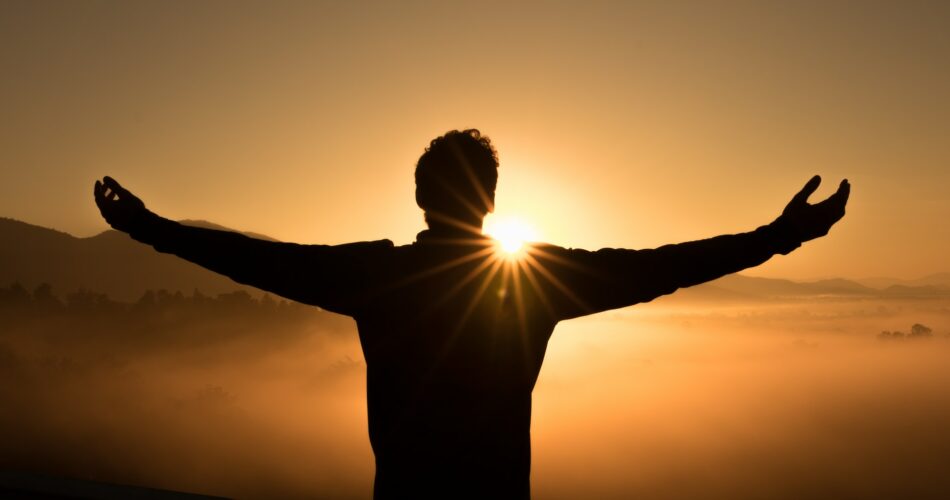What a terrible thing to do.
In Mauritania, tensions have escalated as authorities arrested 15 Christian leaders and 14 of their family members since late November. The arrests were prompted by outrage among Muslims over a video depicting a baptism ceremony. The charges against the Christians remain unclear, as Mauritania lacks specific laws against evangelism, yet officials prohibit non-Muslims from “proselytizing” and any public expression of faith other than Islam.
Apostasy, the act of leaving Islam, is punishable by death in this predominantly Sunni Muslim country, where the constitution designates Islam as the sole religion. The arrests occurred in Selibaby, over 600 kilometers south of the capital, Nouakchott, following protests demanding the death of Christians after the video circulated on social media.
The International Christian Concern (ICC) reported that the hostility extends beyond the arrested individuals, affecting their families who now face harassment. The Mauritanian government, torn between human rights reforms and religious freedom commitments, justifies the arrests as necessary to address the perceived “Christian problem.” Protesting Muslims in the region called for the burning of Christian homes, reflecting heightened tensions.
Mauritania’s legal framework, influenced by French civil law and Sharia, includes an amendment stating that explicit apostasy from Islam can lead to imprisonment and, potentially, the death penalty. While the criminal code mandates capital punishment for apostasy or blasphemy, it has not been applied in practice.
The government’s laws restrict faith-based non-governmental organizations from proselytizing religions other than Islam, requiring pre-approval for group meetings, even in private homes. Despite being a party to the International Covenant on Civil and Political Rights (ICCPR), which guarantees freedom of religion, the government continues to ban public expressions of religion other than Islam.
Mauritania’s 20th ranking on the Open Doors 2023 World Watch List reflects the challenges faced by Christians, indicating the country’s position as one of the most difficult places for Christians. The delicate balance between religious freedom, human rights, and addressing internal tensions remains a significant challenge for Mauritanian authorities.
